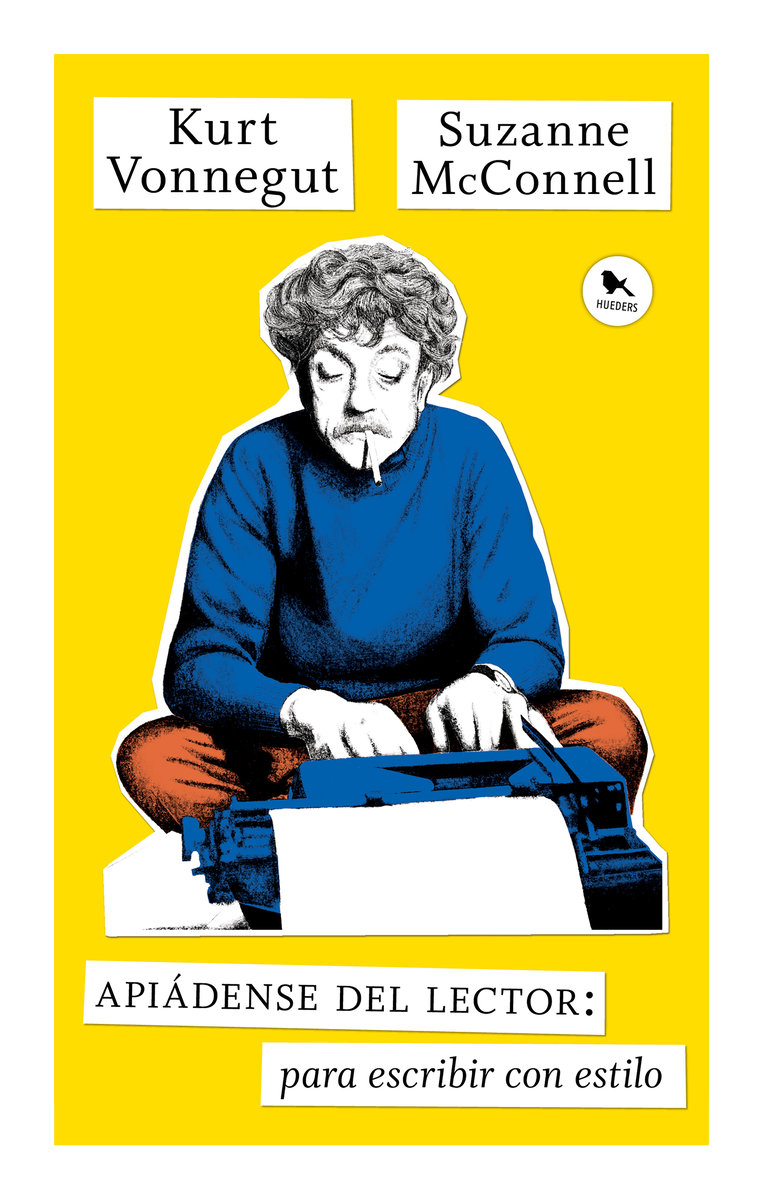A Kurt Vonnegut le gustaba decir: "Practicar una forma de arte es una forma de hacer crecer el alma". Apiádense del lector es la encarnación misma de esa idea, un libro sobre la escritura y la vida, y de por qué las dos van de la mano. Maestro de maestros, el autor de Matadero Cinco y Desayuno de campeones fue extremadamente generoso con sus estudiantes: creativo, alentador, poco solemne, divertido y pródigo en recursos que son técnicos, pero que al mismo tiempo esconden la filosofía que tenía sobre el arte de narrar. "Encuentra un tema que te importe y que en tu corazón sientas que a los demás debería importarles", era su primera regla. Y solo una vez que el tema estaba claro, les decía a sus alumnos: "Escriban para contentar a una sola persona. Si abren la ventana y le hacen el amor al mundo entero, por así decirlo, su historia se va a contagiar de neumonía". Este libro está lleno de historias luminosas y sutiles, muy útiles para aprender a escribir, y también de situaciones en las que Vonnegut muestra su rostro más humano: vemos al veterano de guerra, al hombre de familia, al fumador empedernido y al escritor inclasificable cuya obra, con el paso del tiempo, no ha parado de crecer. Por primera vez traducido al español, este libro cristaliza la experiencia que durante años Kurt Vonnegut desplegó en el legendario taller de escritores de Iowa, donde hicieron clases figuras como José Donoso (contemporáneo y amigo de Vonnegut) y Raymond Carver. Una manera distinta -con muchos antecedentes biográficos- de entrar en la obra de un narrador fundamental de la literatura estadounidense del siglo XX. Su obra, de hecho, ha sido recientemente publicada en la prestigiosa Library of America. Por su enorme cantidad de consejos, ejemplos y disecciones de múltiples obras, el libro es como asistir a un taller de escritura creativa.


